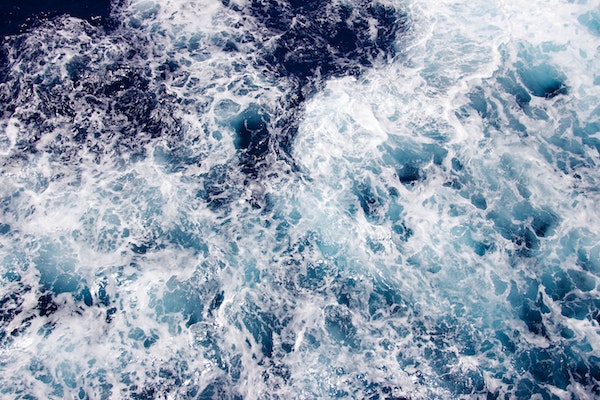Global analysis reveals how fish respond to rising ocean temperatures

The majority of fish populations in the sea are responding to global warming by relocating towards colder waters nearer the north and south poles, according to a University of Glasgow study on the effects of climate change on oceans.
“We observed a striking trend wherewith species living in areas that are warming faster are also showing the most rapid shifts in their geographical distributions,” said Carolin Dahms, lead author on the study.
The researchers examined data on 115 species spanning all major oceanic regions, totaling 595 marine fish population responses to rising sea temperatures – the first time such a comprehensive global analysis has been undertaken. The study found that, in response to ocean warming, many marine fish populations are shifting toward the earth’s poles or are moving to deeper waters – all in a bid to stay cool.
“While relocation to cooler water may allow these species to persist in the short-term, it remains to be seen how food webs and ecosystems will be affected by these changes,” said Shaun Killen, senior author of the study. “If the prey of these species doesn’t also move, or if these species become an invasive disturbance in their new location, there could be serious consequences down the road.”
For marine life such as fish, the temperature of the surrounding water affects critical functions, such as metabolism, growth and reproduction. Moreover, marine species often have a very narrow liveable temperature range making even small differences in the water impossible to cope with. As a result, marine life changes caused by global warming have been up to sevenfold faster than animal responses on land.
“It’s possible that rate of warming in some regions may be too fast for fish to adapt, and so relocating may be their best coping strategy,” said Dahms. “At the same time, we see that their ability to do so is also impacted by other factors such as fishing, with commercially exploited species moving more slowly.”
Over the last century, global warming has had substantial impacts on marine ecosystems, with fish species disappearing altogether from some locations. In some cases, marine fish may be able to adapt and change aspects of their biology to adapt to warmer conditions. In many cases, however, a change in the geographical range may be the only means of coping with rapid warming. As the current effects of global warming on marine ecosystems are predicted to increase – and with sea temperatures forecasted to continue rising – the ability to predict fish relocations will be vital to protect global ecosystems and maintain food security.
Moreover, the researchers stressed that “how we measure and report these climate responses also matters.” While current literature tends to focus on northern, commercially-important species, more research from some of the most rapidly changing ecosystems (such as in the Global South) will be needed to improve the understanding of how oceans will change.
Read the full study here.
Follow the Advocate on Twitter @GSA_Advocate
Now that you've reached the end of the article ...
… please consider supporting GSA’s mission to advance responsible seafood practices through education, advocacy and third-party assurances. The Advocate aims to document the evolution of responsible seafood practices and share the expansive knowledge of our vast network of contributors.
By becoming a Global Seafood Alliance member, you’re ensuring that all of the pre-competitive work we do through member benefits, resources and events can continue. Individual membership costs just $50 a year.
Not a GSA member? Join us.
Author
-
Responsible Seafood Advocate
[103,114,111,46,100,111,111,102,97,101,115,108,97,98,111,108,103,64,114,111,116,105,100,101]
Tagged With
Related Posts

Fisheries
Maritime Canada’s lobster population is strong. So why are scientists worried?
The lobster population in Canada’s Maritime region falls within the healthy zone, but scientists worry about the effects of climate change.

Responsibility
U.S. government releases first-ever Ocean Climate Action Plan
The Ocean Climate Action Plan is the first-ever government-wide strategy to maximize the power of the ocean to combat climate change.

Responsibility
Hottest ocean temperature record set in 2022 for seventh consecutive year
Research says a record-high ocean temperature combined with greater salinity could create inhospitable ocean conditions for marine life.

Health & Welfare
With warming waters, will fish suffer from oxygen deprivation?
A new study has found that larger fishes are more likely to experience oxygen deficiency in warming water than smaller species.



